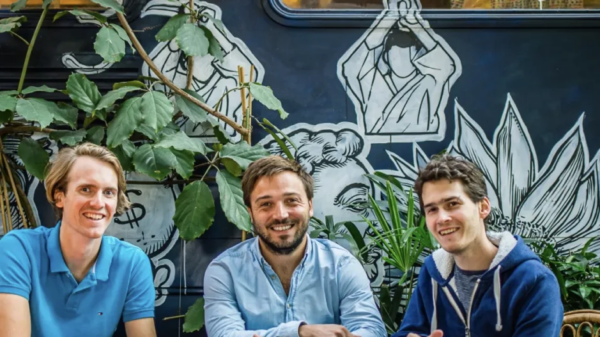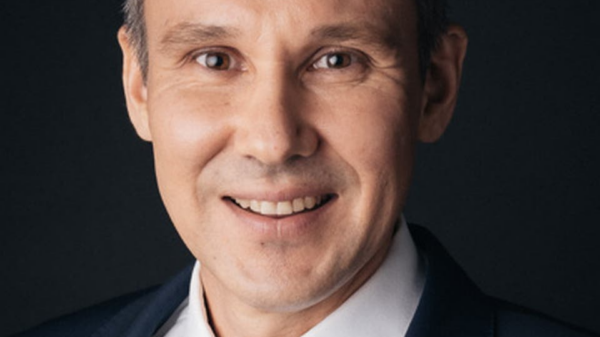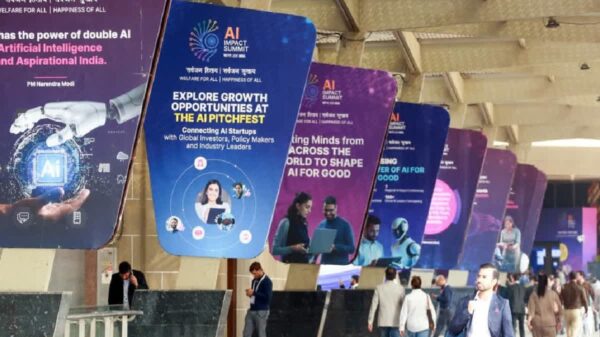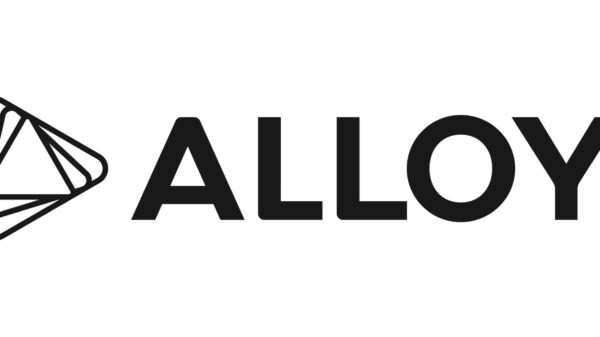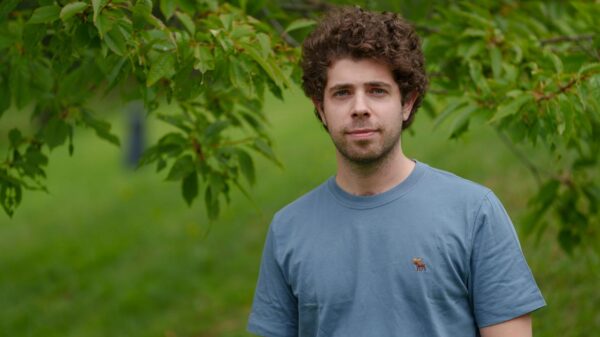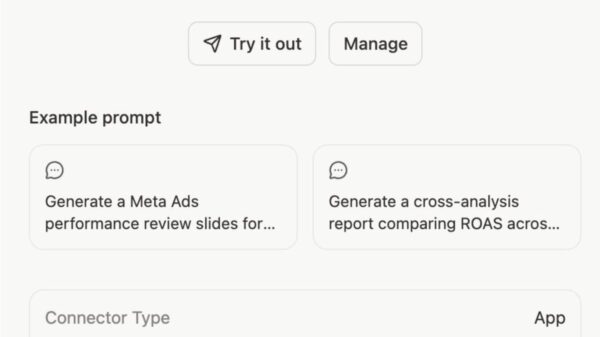Heidi, a healthcare AI company, recently secured US$65 million in a Series B funding round led by Point72 Private Investments. This financial boost is paving the way for the launch of its regional headquarters in Singapore, marking a significant step in the company’s expansion into the Southeast Asian market.
Heidi’s Singapore office will serve as the hub for its operations in the region, reinforcing the company’s commitment to addressing regional healthcare challenges. Over the next two to three years, Heidi plans to invest up to US$8 million in building local teams that will focus on sales, implementation, and clinical partnerships. The company anticipates hiring between 10 and 12 roles during this period, with potential for further expansion as its business grows.
Singapore’s healthcare system is currently under pressure, facing challenges from an ageing population and a shortage of clinicians. By 2030, projections indicate that one in four Singaporeans will be aged 65 or older, resulting in a ratio of one doctor for every 343 residents. This demographic shift underscores the urgency for innovative solutions in the healthcare sector.
“For Heidi, Singapore represents more than a market entry; it’s a launchpad for the next phase of healthcare innovation and growth across Southeast Asia,” stated Dr. Thomas Kelly, CEO and co-founder of Heidi. “Backed by a supportive ecosystem, deep talent pool, and initiatives such as the TRUST platform that enables secure, privacy-conscious data sharing, Singapore is uniquely positioned to accelerate responsible AI adoption in healthcare.”
Heidi’s AI platform is designed to automate clinical documentation, effectively increasing the capacity of clinicians by freeing up more time for patient care. The platform has successfully transcribed nearly 55,000 consultations in Singapore, converting doctor-patient conversations into structured clinical notes.
Dr. Sanjeev Shanker, who leads an urgent-care department in Singapore, shared his positive experience with Heidi’s platform: “My notes are so much more detailed, especially when it comes to procedures and consent taking, and that’s very reassuring from a medicolegal point of view. When I converse with patients in Mandarin, Malay, and even Tamil, it picks it up. Heidi has accomplished three things for me: doing all the typing, giving me more time to talk to patients, and improving both patient and physician satisfaction.”
The adoption of AI tools is gaining traction among primary care providers, hospitals, and healthcare systems in Singapore. Already, organizations like the Osler Group are leveraging Heidi’s technology to streamline their clinical documentation processes.
Heidi’s launch in Singapore follows its recent expansion into Hong Kong and is part of a rapid global growth strategy. The company’s AI tools currently support over 2 million patient consultations weekly, functioning in 110 languages across 116 countries. With the latest funding round, Heidi has raised a total of US$96.6 million, securing backing from prominent investors including Blackbird Ventures, Headline, and LocalGlobe.
As Heidi establishes its presence in Singapore, the company’s focus on automation and AI-driven solutions not only aims to alleviate the current strain on the healthcare system but also positions it as a pivotal player in enhancing the quality of patient care across Southeast Asia.
See also India’s Startup Funding Steady: Pidge Raises ₹120 Crore; Yubi Secures ₹411 Crore
India’s Startup Funding Steady: Pidge Raises ₹120 Crore; Yubi Secures ₹411 Crore SAP Unveils 400 New AI Use Cases by 2025, Including Game-Changing Joule Agents
SAP Unveils 400 New AI Use Cases by 2025, Including Game-Changing Joule Agents AI Transforms Healthcare Accessibility with Predictive Analytics and Telemedicine Solutions
AI Transforms Healthcare Accessibility with Predictive Analytics and Telemedicine Solutions Neuxnet Surpasses $30M Revenue by Leveraging AI in Middle East Digital Transformation
Neuxnet Surpasses $30M Revenue by Leveraging AI in Middle East Digital Transformation Inspira Enterprise Appoints Swetha Srivastava as Practice Head for Data Analytics and AI
Inspira Enterprise Appoints Swetha Srivastava as Practice Head for Data Analytics and AI


